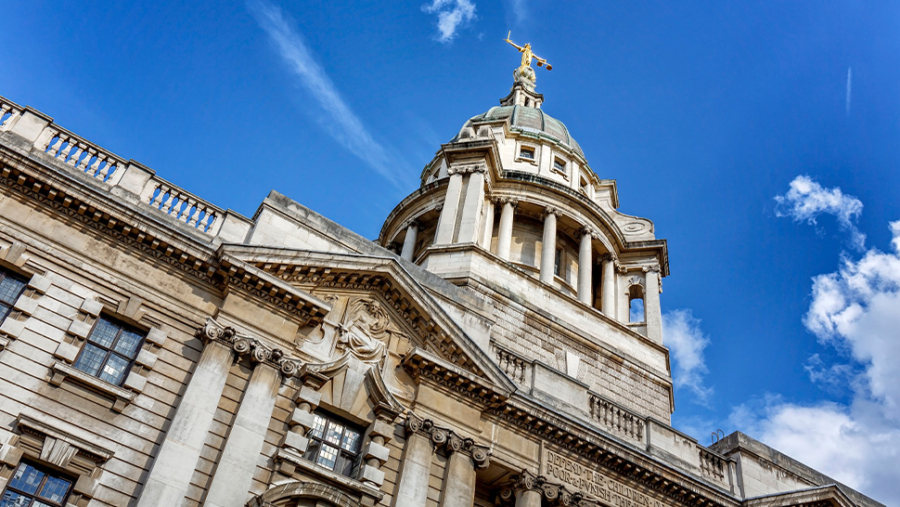

A natural human instinct may be to believe more readily what we hear than what we read. For many, books and the written word are not to be trusted. What matters in ascertaining the truth of a matter is to hear the facts directly ‘from the horse’s mouth’, as the tone of voice, the conviction with which the words are spoken, the look of the eye and body language all speak to the believability of what is being professed.
On points of controversy, documents become tools to affirm the veracity of what we are told – a ‘double-check’ – but not the primary source of the truth to be accepted. What matters is the person, in the moment, face to face. “Tell me the truth!” is the hopeful aspiration.
This is the world of social discourse and politics, of course. It is not, however, the world of the law or the courts, notwithstanding that it is in the direction of the courts that society looks to establish the truth when a dispute of fact arises.
In what has been cast as a ‘post-truth’ age, where it is argued that a want of political integrity has undermined confidence in our institutions, there may be something to be learned from the court’s approach to adjudicating what is to be believed. We depend on the judiciary to establish the truth of a matter, but the judicial experience and perspective on the balance of evidential weight for reliance in the exercise of truth finding is very different from that accepted on the plane of day-to-day life. Essentially, the courts prefer contemporary documentary evidence to oral testimony, and they do so with reason.
The recent case of Dodson and others v Shield and others (ref: International Automotive Engineering Projects Limited) [2022] EWHC 1751 (Ch) is a case in which the Judge concluded that the courts’ approach to ascertaining truth from evidence warranted comment.
This was a shareholder dispute – a petition for relief from ‘unfairly prejudicial conduct’ in the management of a company. These cases are invariably highly fact-sensitive and commonly involve large amounts of documents and oral testimony.
The facts and outcome of the case are not material for present purposes. The comments of the judge in his decision are instructive however; instructive as to why the courts tend to be more interested in what is written than what a witness tells the Judge under oath from the witness box.
Aside from the well-recognised fallibility of memory, the short point made by the Judge was that reliance on the demeanour of a witness to ascertain truth can be problematic. He specifically cites the words of caution of Mckenna J, later approved by Lord Devlin and Lord Bingham (Ref: (1973) 9 Irish Jurist (New Series) 1 at p 10):
“I question whether the respect given to our findings of fact based on the demeanour of the witnesses is always deserved. I doubt my own ability, and sometimes that of other judges, to discern from a witness’s demeanour, or the tone of his voice, whether he is telling the truth. He speaks hesitantly. Is that the mark of a cautious man, whose statements are for that reason to be respected, or is he taking time to fabricate? Is the emphatic witness putting on an act to deceive me, or is he speaking from the fullness of his heart, knowing that he is right? Is he likely to be more truthful if he looks me straight in the face than if he casts his eyes on the ground perhaps from shyness or a natural timidity? For my part I rely on these considerations as little as I can help.‘
It is for these reasons the Judge recorded that Leggatt LJ, had also observed:
‘It has increasingly been recognised that it is usually unreliable and often dangerous to draw a conclusion from a witness’s demeanour as to the likelihood that the witness is telling the truth.’
That is the caution against undue reliance on oral testimony, but what is the right approach to take in context of the adjudication of a claim? The Judge cited Robert Goff LJ in Armagas Ltd v Mundogas SA (The Ocean Frost) [1985] 1 Lloyd’s Rep 1 at p 57) on the point. He recommended:
“Speaking from my own experience, I have found it essential in cases of fraud, when considering the credibility of witnesses, always to test their veracity by reference to the objective facts proved independently of their testimony, in particular by reference to the documents in the case, and also to pay particular regard to their motives and to the overall probabilities. It is frequently very difficult to tell whether a witness is telling the truth or not; and where there is a conflict of evidence such as there was in the present case, reference to the objective facts and documents, to the witnesses’ motives, and to the overall probabilities, can be of very great assistance to a judge in ascertaining the truth.”
It will therefore not be surprising that when you ask us to resolve a dispute and pursue a case for you, at the outset we place emphasis on the documentary evidence that is available. This is also a key reason why any documents that might speak to the facts should be preserved, especially those contemporary to events.
Of course, the oral evidence of a witness of fact can be highly significant and indeed, may decide the outcome of a case, but the importance of the documents cannot be overstated.










